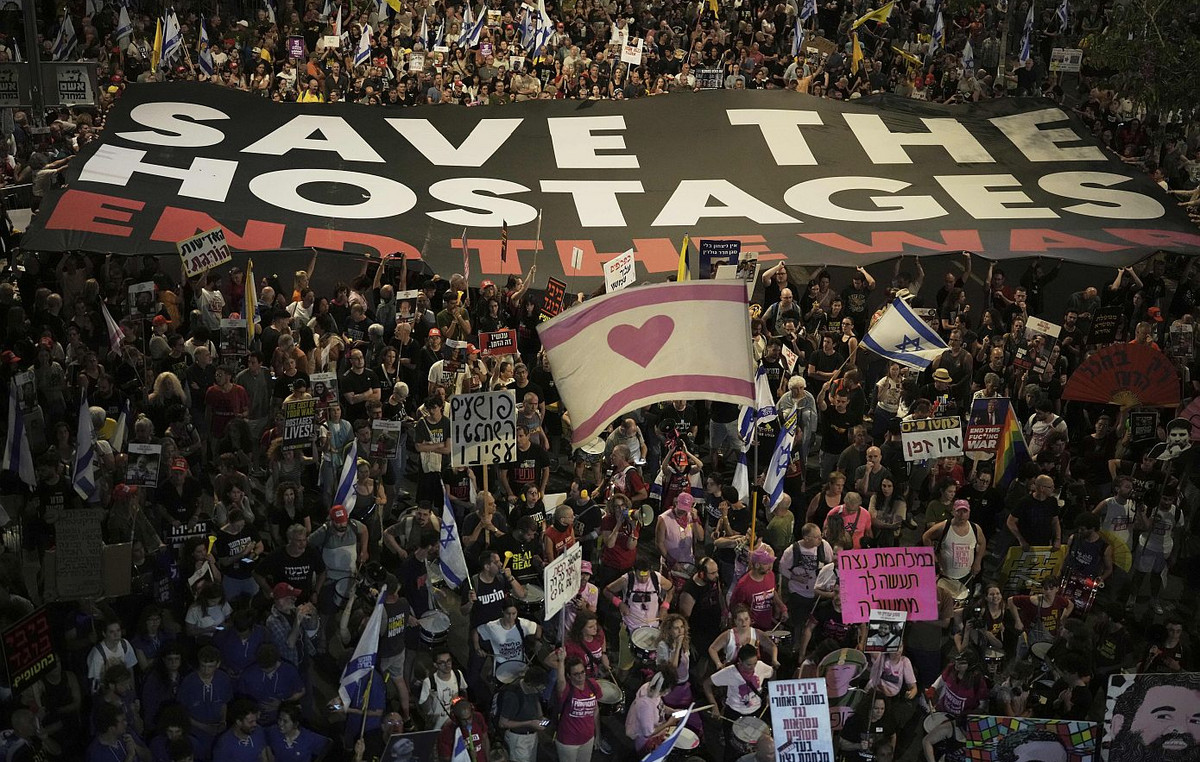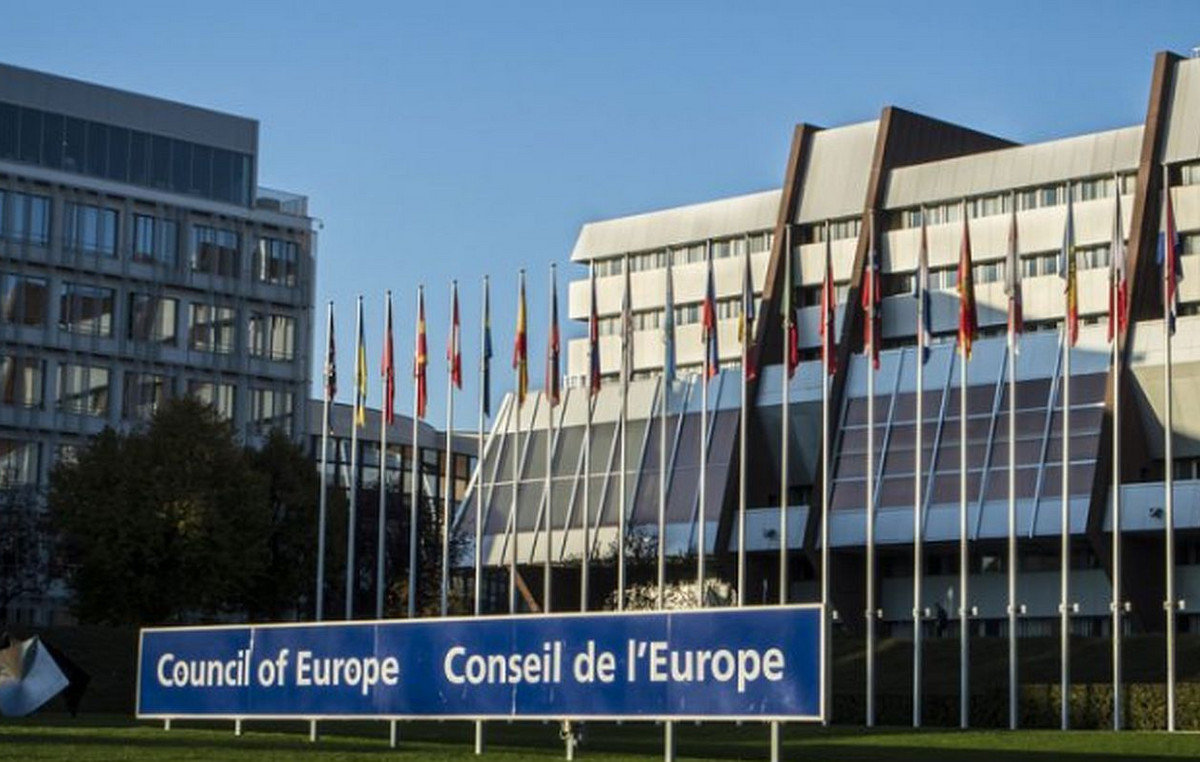Millions of people in the UK are bracing for colossal increases in their energy bills in the coming months, a coda for a year already marked by record price increases.
The crisis is not unique to the country. Prices have soared across Europe since last fall, driven by a surge in demand as countries lifted pandemic lockdowns.
Russia’s invasion of Ukraine in late February and the subsequent drop in Moscow’s oil and natural gas exports to Europe pushed prices even higher.
But UK energy prices are now higher than in comparable economies like France and Italy, analysts told CNN Business .
And the British suffered much larger price increases than most European countries, including Germany, where decades of energy policy were turned upside down by the war in Ukraine.
The Office for National Statistics said this week that natural gas prices in the UK rose by nearly 96% in the year to July, while electricity prices rose by 54%.
Annual consumer price inflation for gas and electricity in the UK is expected to rise to an average of about 80% this year compared with an average of 40% in the 19 countries that use the euro, according to analysis by Deutsche Bank.
The worst is yet to come. Average annual energy bills can exceed €4,000 ($4,820) from January and €5,000 ($6,000) in late spring, up from around €2,000 ($2,400) today.
Millions could be forced into poverty as a result. Leaders of the UK’s National Health Service warned on Friday (19) of a “humanitarian crisis”.
Many people may fall ill this winter as they “face the terrible choice between skipping meals to heat their homes and having to live in cold, wet and very unpleasant conditions,” they said.
Overall UK inflation topped 10% in July, compared with 8.9% in the eurozone. Unlike other problems in the UK economy, Brexit does not appear to be a major factor.
So why are British energy bills rising so much faster than in much of Europe?
a broken market
As wholesale costs soared last year, 31 smaller UK energy companies – which traditionally offered competitive prices – went bankrupt, forcing millions of customers onto the books of bigger suppliers and paying higher bills.
The way the UK government designed the energy market made that more likely, Henning Gloystein, director of energy, climate and resources at the Eurasia Group, told CNN Business.
Smaller companies acted as brokers rather than providers of an essential utility.
“Many UK retail energy providers were not real energy producers. Instead, they bought electricity and gas at the wholesale market and then sold it to retail customers like homes,” Gloystein said.
This meant that as soon as wholesale costs rose far above what suppliers could legally charge, they went bankrupt.
Europe works differently. Most countries have stricter regulations on suppliers, Gloystein said, including rules designed to protect them from sudden price increases.
The prices UK households pay are capped, but it is adjusted every six months – a period soon to be reduced to three – meaning bills rise faster in line with wholesale costs.
“There is a transitional arrangement between now and when we move to this full quarterly model that is pushing prices up a little bit more,” Sanjay Raja, chief economist at Deutsche Bank in the UK, told CNN Business .
“Suppliers can pass on wholesale gas price increases much more quickly than in the past,” he added.
lack of storage
The UK faced a “perfect storm” of events that increased energy bills, according to Raja.
Most homes run on natural gas, he said, while electricity, nuclear power and renewables account for a larger share of the energy mix across the European Union.
The country also depends on gas to generate 40% of its electricity, compared with less than a fifth for the bloc as a whole, according to Deutsche Bank.
“It’s a double effect and the UK’s over-reliance on gas is a big reason why gas prices in the UK are a little higher than elsewhere,” he said.
While the UK produces about half of its gas, production in the North Sea last year fell to its lowest level on record due to maintenance work, according to the government’s business department.
The lack of storage exacerbated the situation. Centrica, a UK energy company, closed the country’s largest gas storage facility in 2017, although it is in discussions with the government to reopen the site this winter.
Europe has more storage capacity and filled it up quickly before winter – and a dreaded total Russian gas cut.
UK natural gas contracts for the first quarter of next year are nearly 7% more expensive than European benchmark contract prices, according to analysis by Auxilione.
That’s because Europe has now built a shock absorber for the winter months.
The lack of storage forces the UK to rely on “real-time flows” of gas from the North Sea, Norway, Belgium, as well as liquefied natural gas imports, Tony Jordan, director of Auxilione, told CNN Business.
“We are much more dependent on the here and now when winter comes around,” he said.
Europe’s gas is still very expensive. It was trading at 242 euros ($244) per megawatt hour on Friday, an all-time high, according to Auxilione.
This is much higher than the UK gas spot price, which is trading at an equivalent of €160 ($161) per megawatt-hour, but the differential is mainly driven by higher demand in Europe as that fills its tanks for the winter.
Germany declared a gas crisis in June after Russia cut flows from the vital Nord Stream 1 pipeline by two-thirds, bringing the country closer to rationing gas for industry.
Minimum government support
Faced with mounting bills, governments across Europe stepped in to help ease the financial pressure on families.
But the “elephant in the room,” Raja said, is that none of the support offered by the UK government has so far directly subsidized consumer energy prices.
Earlier this year, the government announced a €150 rebate on a local tax for millions of families to help ease the pain.
More aid is coming soon, but it won’t be enough, according to anti-poverty activists.
In May, the government announced a €15 billion ($18 billion) support package, including a €400 ($482) credit to 29 million families starting in October, which will be spread over six months.
By comparison, France limited electricity price increases to 4% until the end of the year.
Other countries “have had a more direct intervention when it comes to energy prices, so comparatively UK gas and electricity prices are a little higher,” Raja added.
On Thursday, Germany announced plans to lower the gas sales tax to 7% from 19% by March 2024, designed to more than offset new fees introduced to pay for gas storage.
The government asked companies to pass the reduction on to their customers, according to a report by German broadcaster ZDF.
Liz Truss, the favorite to succeed Boris Johnson as Britain’s next prime minister next month, did not say how she would provide more help to families beyond the tax cut.
The opposition Labor Party is calling for an unexpected tax on profits from oil and gas companies to be extended to help fund the energy bill freeze this winter.
— Mark Thompson contributed reporting.
Source: CNN Brasil
I am Sophia william, author of World Stock Market. I have a degree in journalism from the University of Missouri and I have worked as a reporter for several news websites. I have a passion for writing and informing people about the latest news and events happening in the world. I strive to be accurate and unbiased in my reporting, and I hope to provide readers with valuable information that they can use to make informed decisions.





